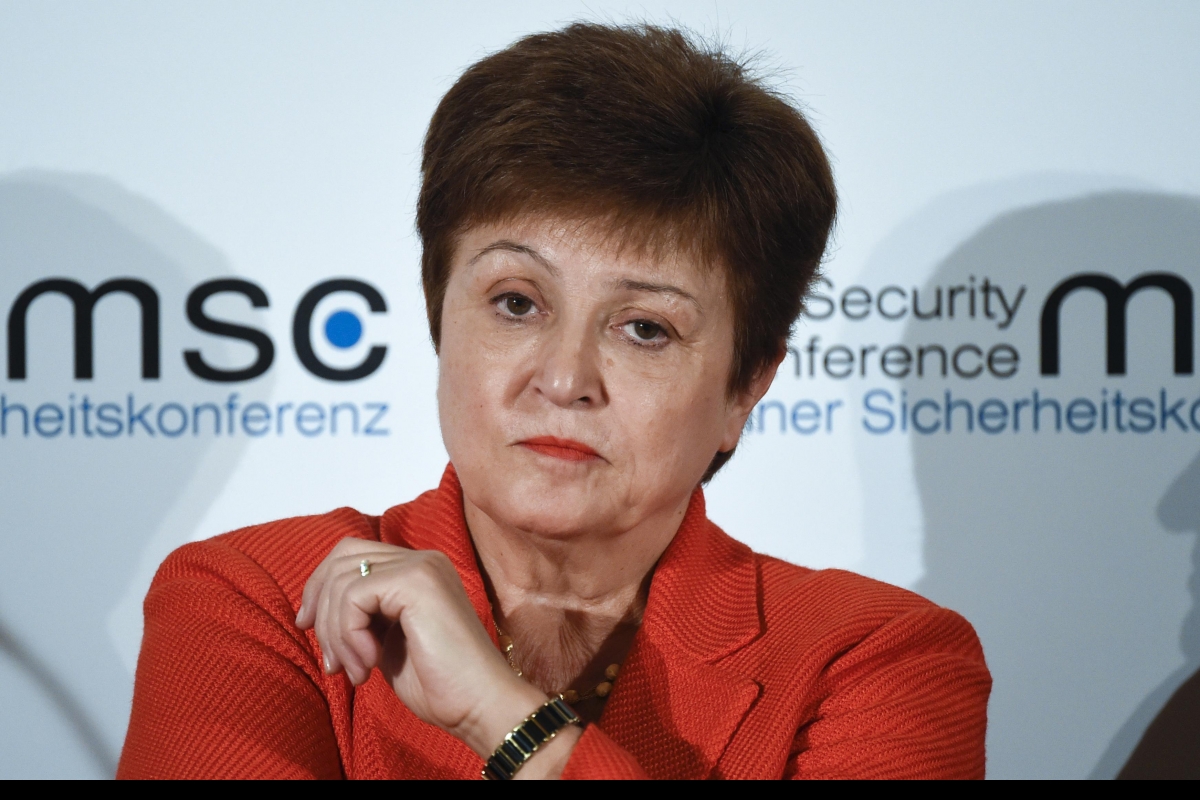
We have entered recession: IMF chief amid COVID-19 pandemic
With the coronavirus pandemic driving the global economy into a downturn, IMF chief Kristalina Georgieva on Friday (March 27) said that it is clear that the world has entered recession and the crisis would be worse than 2009.

With the coronavirus pandemic driving the global economy into a downturn, IMF chief Kristalina Georgieva on Friday (March 27) said that it is clear that the world has entered recession and the crisis would be worse than 2009.
“It is clear that we have entered a recession” that will be worse than in 2009 following the global financial crisis, she said in an online press briefing.
The IMF chief said to revive the global economy it will require massive funding to help developing nations.
With the worldwide economic “sudden stop,” Georgieva said the funds estimate “for the overall financial needs of emerging markets is $2.5 trillion.” But she warned that “we believe this is on the lower end.”
Governments in emerging markets, which have suffered an exodus of capital of more than $83 billion in recent weeks, can cover much of that, but “clearly the domestic resources are insufficient” and many already have high debt loads.
Over 80 countries, mostly of low incomes, have already have requested emergency aid from the International Monetary Fund, she said.
“We do know that their own reserves and domestic resources will not be sufficient,” Georgieva said, adding that the fund is aiming to beef up its response “to do more, do it better, do it faster than ever before.”
The IMF chief spoke to reporters following a virtual meeting with the Washington-based lenders steering committee, when she officially requested a increase in the funds fast-deploying emergency facilities from their current level of around $50 billion.
She also welcomed the $2.2 trillion economic package approved by the US Senate, saying “it is absolutely necessary to cushion the worlds largest economy against an abrupt drop the economic activities.”

